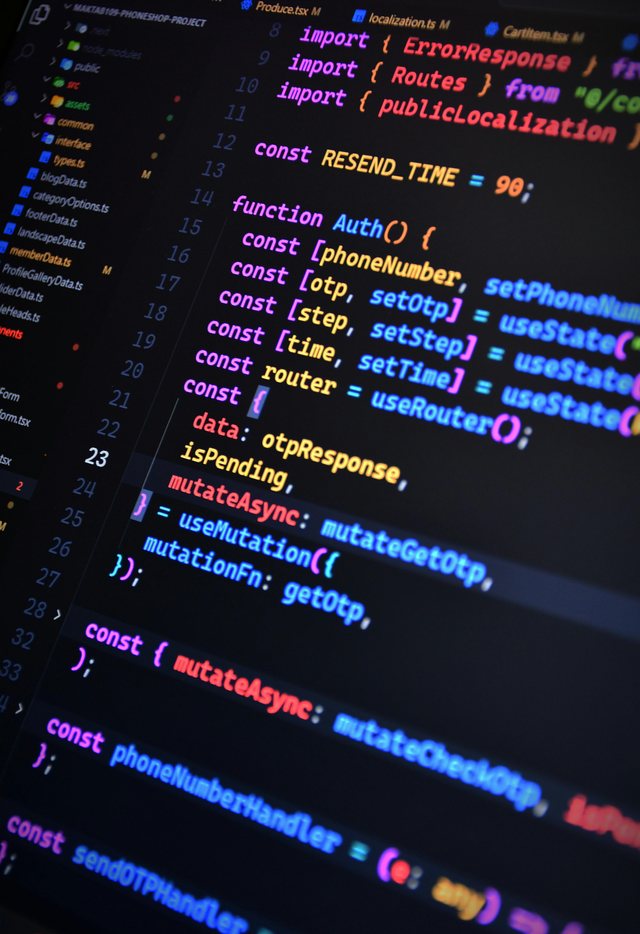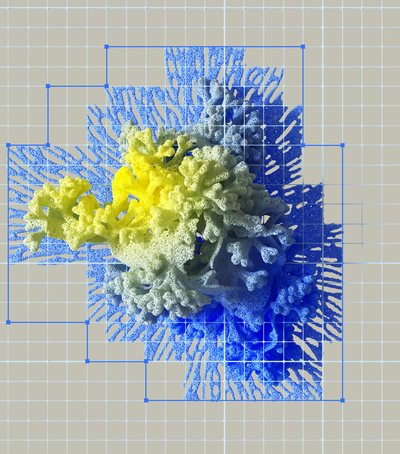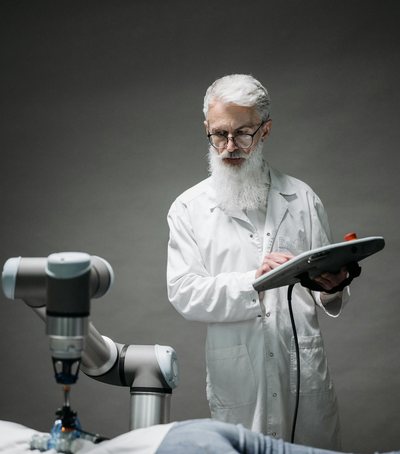
When "logic" replaces human judgment
In an increasingly algorithm-driven world, artificial intelligence is making decisions that directly affect our lives: from loan approval, job selection, medical diagnoses, to judicial and political decisions.
In theory, algorithms are unbiased — they simply analyze data and draw logical conclusions.
But in practice, they reflect the prejudices of those who built them and, if used without transparency, can become invisible weapons of injustice.
Thus arises the essential question of the digital age:
When an algorithm goes wrong, who is responsible – the programmer, the company, or the machine itself?
Algorithms are not neutral
Every algorithm is a cultural and human product.
It learns from the data we provide it — and if that data carries racial, gender, or social biases, the results will inherit them as well.
There are many known cases in the world:
Recruitment systems that favor men over women.
Police algorithms that target certain ethnic communities.
Banking platforms that penalize poor areas due to "statistical risk".
These are not just technical errors, but ethical consequences, because they affect real life.
Instead of freeing us from subjectivity, artificial intelligence may automate biases – silently, rapidly, and on a massive scale.
When transparency becomes a necessity
One of the biggest problems with AI systems is the "black box" nature – how they make decisions is often unclear, even to their creators.
This lack of transparency makes it almost impossible to understand why a system has rejected a job application or made an incorrect diagnosis.
In this ethical terrain, new accountability is required: any algorithm that affects people must be explainable, verifiable, and auditable.
Human responsibility cannot be delegated.
Even though machines make decisions, responsibility remains human.
A doctor using an AI diagnostic system is still responsible for the outcome; a company using algorithms for recruitment must guarantee fairness and transparency.
The ethics of algorithms is not just a matter of technology, but a matter of morality and social responsibility.
Ultimately, every system is a reflection of the values ??of those who built it – and how we use it says more about us than about the machines themselves.
Towards a responsible intelligence
Around the world, regulations are being drafted for ethical AI – requiring companies to be transparent, decision-making traceable, and protect human rights.
Concepts like "human-in-the-loop" and "AI ethics boards" are becoming new standards for ensuring digital integrity.
The goal is not to stop development, but to guide it with conscience.
From artificial intelligence to artificial consciousness
Essentially, the challenge is not technical, but philosophical:
how do we build machines that make decisions without losing human empathy?
Can there be a “digital ethic” that respects the dignity and complexity of human life?
These questions do not have easy answers, but they are essential for our future.
Because if machines are learning to think, we need to learn to feel more deeply.
Algorithmic ethics is not a theoretical luxury – it is a guarantee of justice in the age of artificial intelligence.
A world that delegates decisions to machines must preserve the human heart that guides them.
Technology can analyze, but only man can understand the moral consequence.
And perhaps this is the distinction we must defend at all costs:
AI can think quickly —
but only man can think consciously.
Photo by Rashed Paykary: https://www.pexels.com/photo/close-up-of-colorful-javascript-code-on-screen-29445974/





